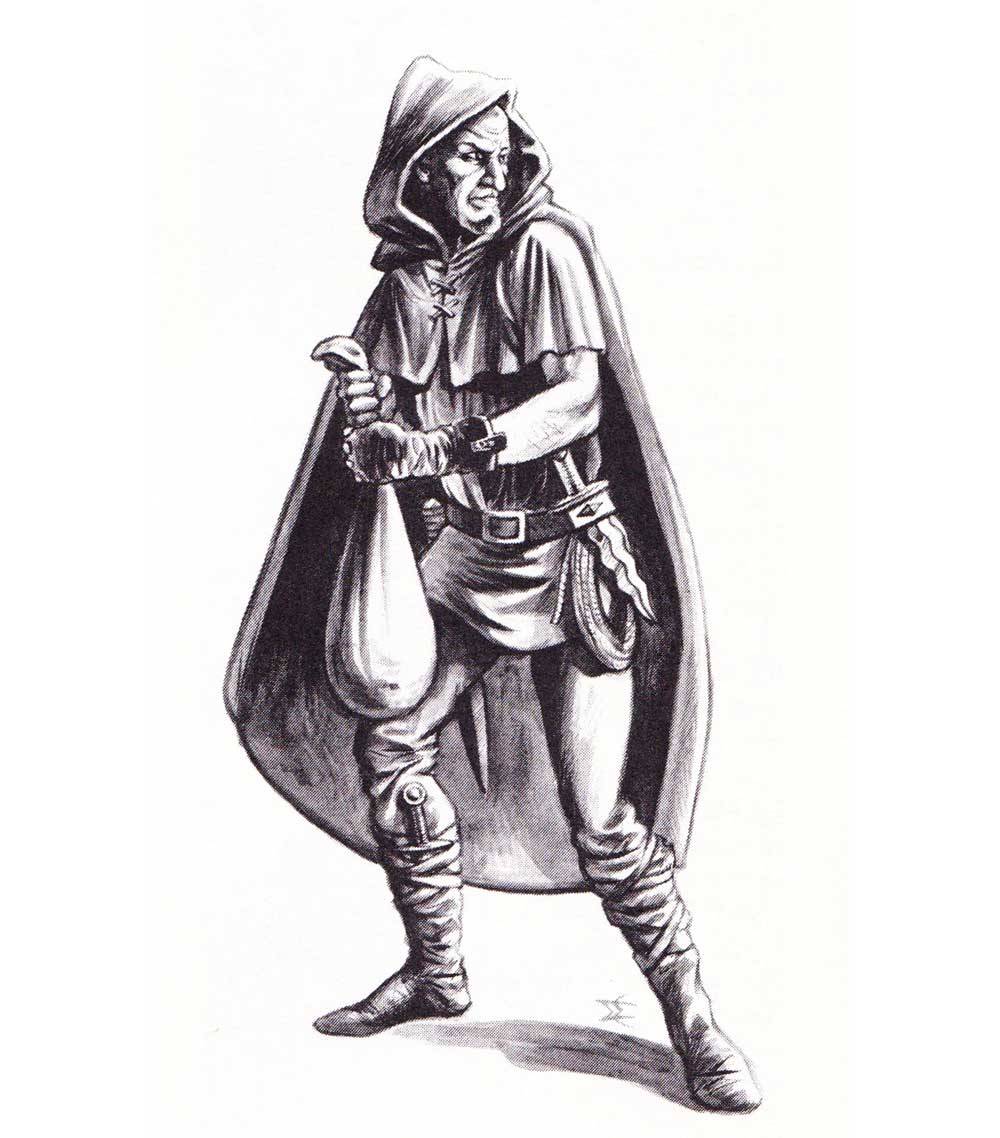I have been toying around with crafting lately and have a small offering to add. Sometimes I will place things in this blog more so I do not forget them, or because they might not be included in the final version of my houserules but may be (hopefully) worthy enough for someone to find and improve upon them.
When crafting a magical weapon - admittedly a very rare and high level ordeal - the players can contribute to the crafting in three ways: (1) The Fire, (2) The Metals, (3) The Tempering Liquids. Each of these should be a mini-quest or challenge unto itself.
The following I offer to spark ideas about how to turn The Fire that fills the forge into something more memorable. It uses the spark tables from Maze Rats (slightly modified) for ideas.
Moon Fire (white, hypnotic) – flames formed from the burning of blood spilt to prevent harm to another under a full moon. Grants a roll on the Physical Effects table.
...paladins eat your heart out...
Blood Fire (purple, heavy) – flames formed from the burning of bones of your own kin. Grants a roll on the Physical Elements table.
...raid a tomb of a relative? Kill that evil step-brother? Cut off a finger and try to fool the fire?
Bitter Fire (orange, screaming) – flames formed from by the breathe of a Wyrm. Grants a roll on the Physical Forms table.
...don't need to kill the dragon, just need to make it angry enough to breath fire and then get a torch lit and escape!
Spiting Fire (green, vicious) – flames formed from the burning of a Spellbook. Grants a roll on the Ethereal Effects table.
...wizard tears as they donate their work to a greater cause, or sacrifice that evil spellbook from the cultist...not my fault if the weapon begins whispering to you in your sleep later...
Pure Fire (translucent, without heat) – flames formed from the burning of a unicorn horn freely given. Grants a roll on the Ethereal Elements table.
...for only the true of heart, or those that can pretend to be such...
Soul Fire (blue, compels repressed memories) – fire formed from the cremation of a loved one. Grants a roll on the Ethereal Forms table.
...bonus points if the weapon is formed to revenge their death!










